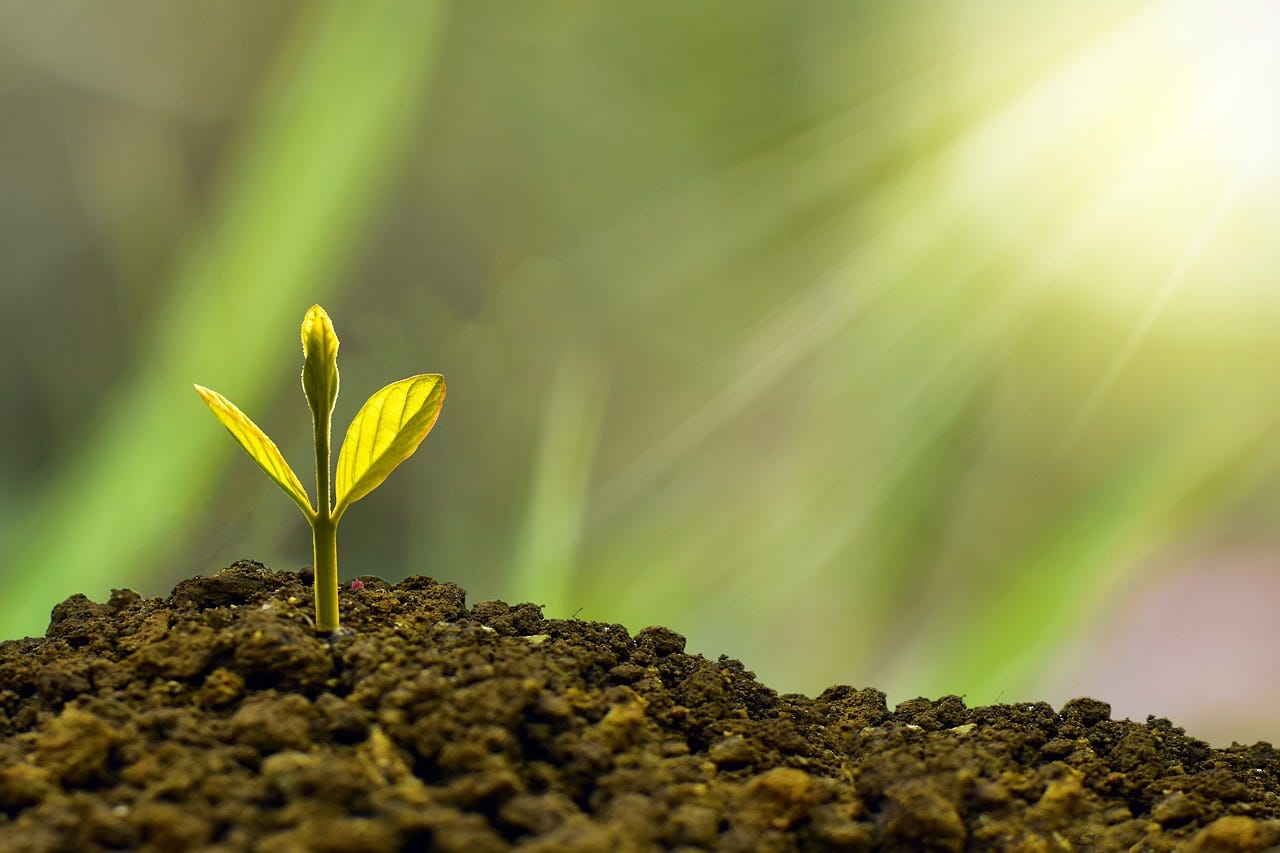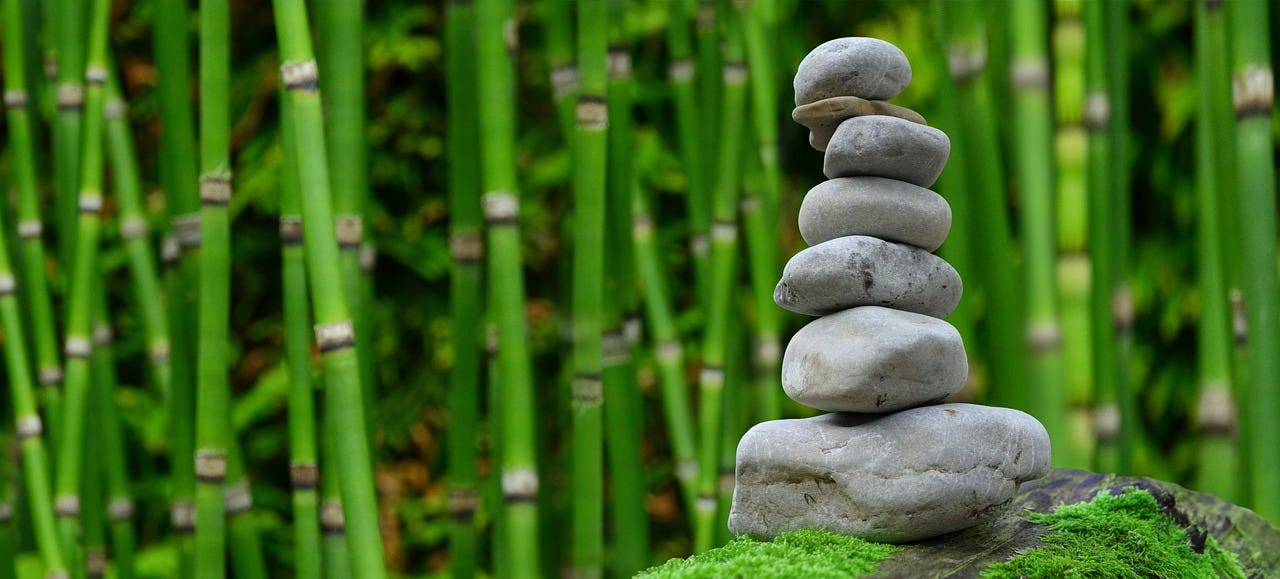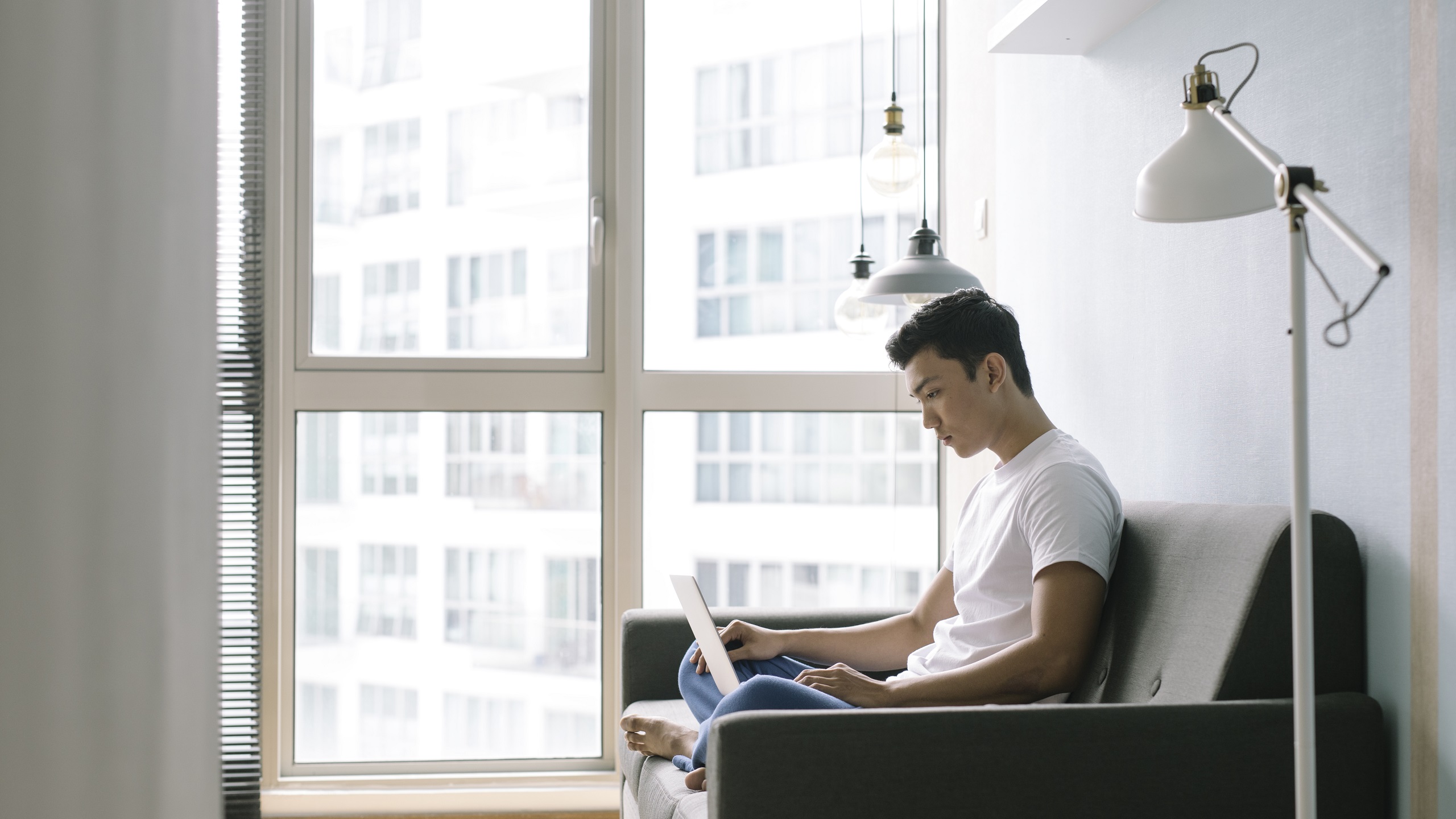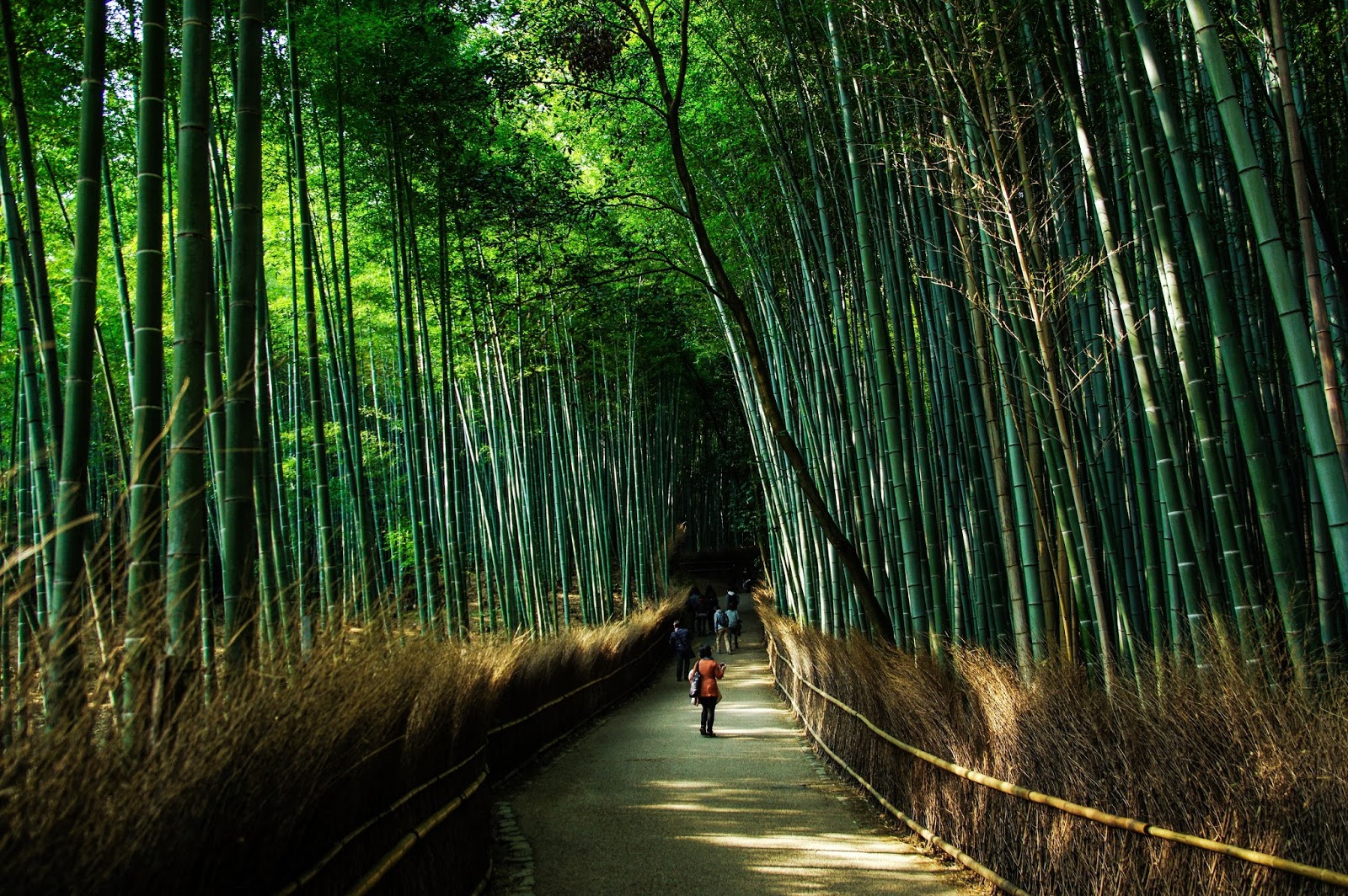Minimalist Living: Simplify Your Life and Find True Happiness
In a world inundated with possessions, commitments, and distractions, there's an emerging lifestyle choice captivating hearts and minds: Minimalist Living. It's not just about having less stuff; it's a profound shift in perspective, a deliberate choice to simplify our lives and focus on what truly matters. Join me on this journey as we delve into the essence of Minimalist Living: Simplify Your Life and Find True Happiness.
Defining Minimalist Living
At its core, Minimalist Living is about living intentionally, with purpose and mindfulness. It's about stripping away the excess—physical clutter, unnecessary obligations, and mental noise—to make room for what brings us joy and fulfilment. Contrary to popular belief, minimalism isn't about deprivation or austerity; it's about abundance—an abundance of time, space, and freedom.
Imagine walking into your home and feeling a sense of calm wash over you, rather than being overwhelmed by clutter. Picture your schedule filled with activities that nourish your soul, rather than drain your energy. That's the essence of Minimalist Living.Key Aspects of Minimalist Living
1. Decluttering:
One of the first steps on the minimalist journey is decluttering our physical space. This means letting go of items that no longer serve a purpose or bring us joy. Marie Kondo famously advocates asking ourselves, "Does this spark joy?" when deciding whether to keep or discard an item. By decluttering, we create functional and aesthetically pleas spaceing.
2. Simplifying Commitments:
Minimalist Living isn't just about decluttering our homes; it's also about simplifying our schedules. This might mean saying no to commitments that don't align with our values or priorities. It's about recognizing that our time and energy are finite resources and investing them wisely.
3. Mindful Consumption:
In a consumer-driven society, we're constantly bombarded with messages telling us to buy more, consume more, and be more. Minimalist Living challenges this notion by encouraging us to be more intentional about what we bring into our lives. It's about distinguishing between our needs and wants and cultivating gratitude for what we already have.
4. Embracing Experiences over Things:
Minimalism shifts our focus from accumulating material possessions to accumulating experiences and memories. Instead of spending money on things, we invest in travel, hobbies, and quality time with loved ones. Research has shown that experiences bring us more lasting happiness than material possessions ever could.
Relevance of Minimalist Living
In today's fast-paced world, Minimalist Living has never been more relevant. Many of us find ourselves trapped in a cycle of busyness and consumerism, constantly striving for more but feeling perpetually dissatisfied. Minimalism offers an antidote to this culture of excess, inviting us to slow down, simplify, and reconnect with what truly matters.
Moreover, studies have shown that materialism is linked to higher levels of stress, anxiety, and depression. By freeing ourselves from the pursuit of material wealth, we open ourselves up to greater happiness and contentment. Minimalist Living isn't a one-size-fits-all solution to life's problems, but it offers a framework for living more intentionally and authentically.
Anecdotes and Examples
Let me share a personal anecdote to illustrate the transformative power of Minimalist Living. A few years ago, I found myself overwhelmed by the clutter in my home and the constant demands on my time. I decided to embark on a minimalist journey, starting with decluttering my belongings. As I purged my home of excess stuff, I felt a weight lifted off my shoulders. I no longer felt suffocated by my possessions; instead, I felt liberated.
But Minimalist Living isn't just about physical decluttering; it's also about decluttering our minds. I started saying no to commitments that didn't align with my values, and yes to activities that brought me joy. I prioritized self-care and quality time with loved ones. As a result, I felt happier, more fulfilled, and more present in my own life.
Conclusion
In conclusion, Minimalist Living is a powerful antidote to the culture of excess that pervades our society. By simplifying our lives and focusing on what truly matters, we can find true happiness and fulfilment. It's not about deprivation or sacrifice; it's about abundance—an abundance of time, space, and freedom.
So, I invite you to explore the world of Minimalist Living and see how it can transform your life. Whether you're looking to declutter your home, simplify your schedule, or cultivate more mindfulness in your daily life, minimalism offers a wealth of benefits. Embrace simplicity, prioritize what brings you joy, and watch as your life becomes richer, fuller, and more meaningful.
Are you ready to simplify your life and find true happiness? Let's embark on this journey together.






Comments
Post a Comment